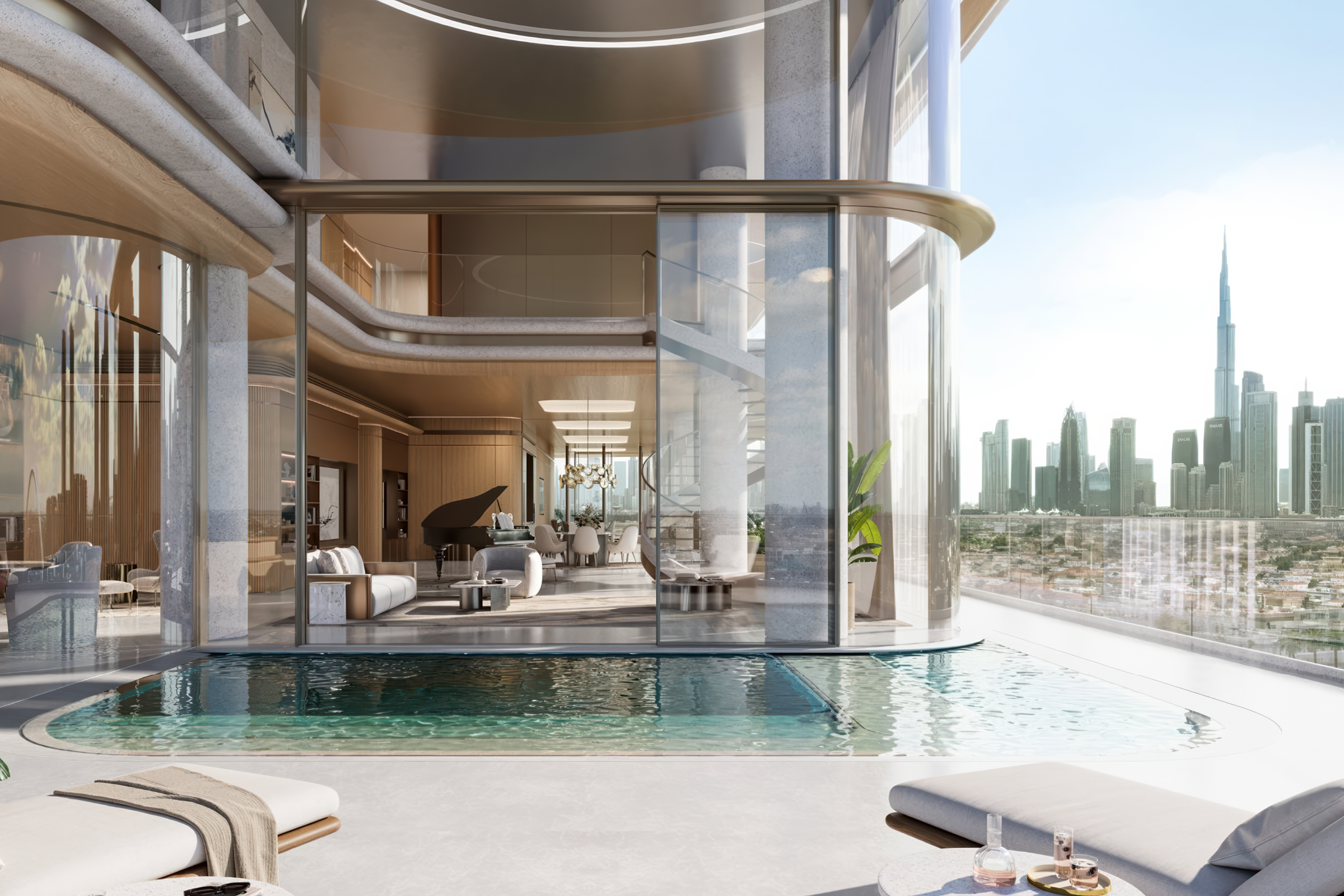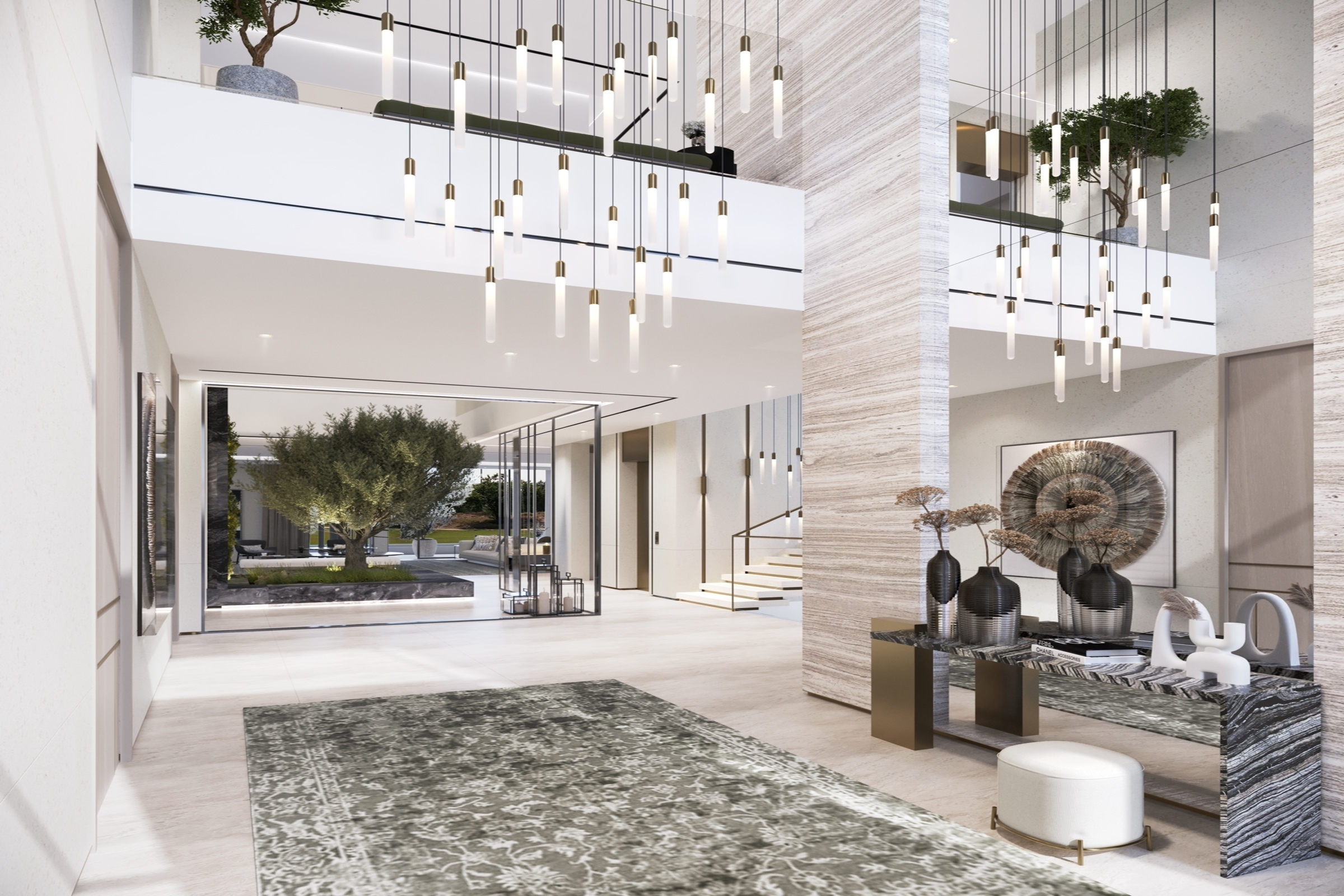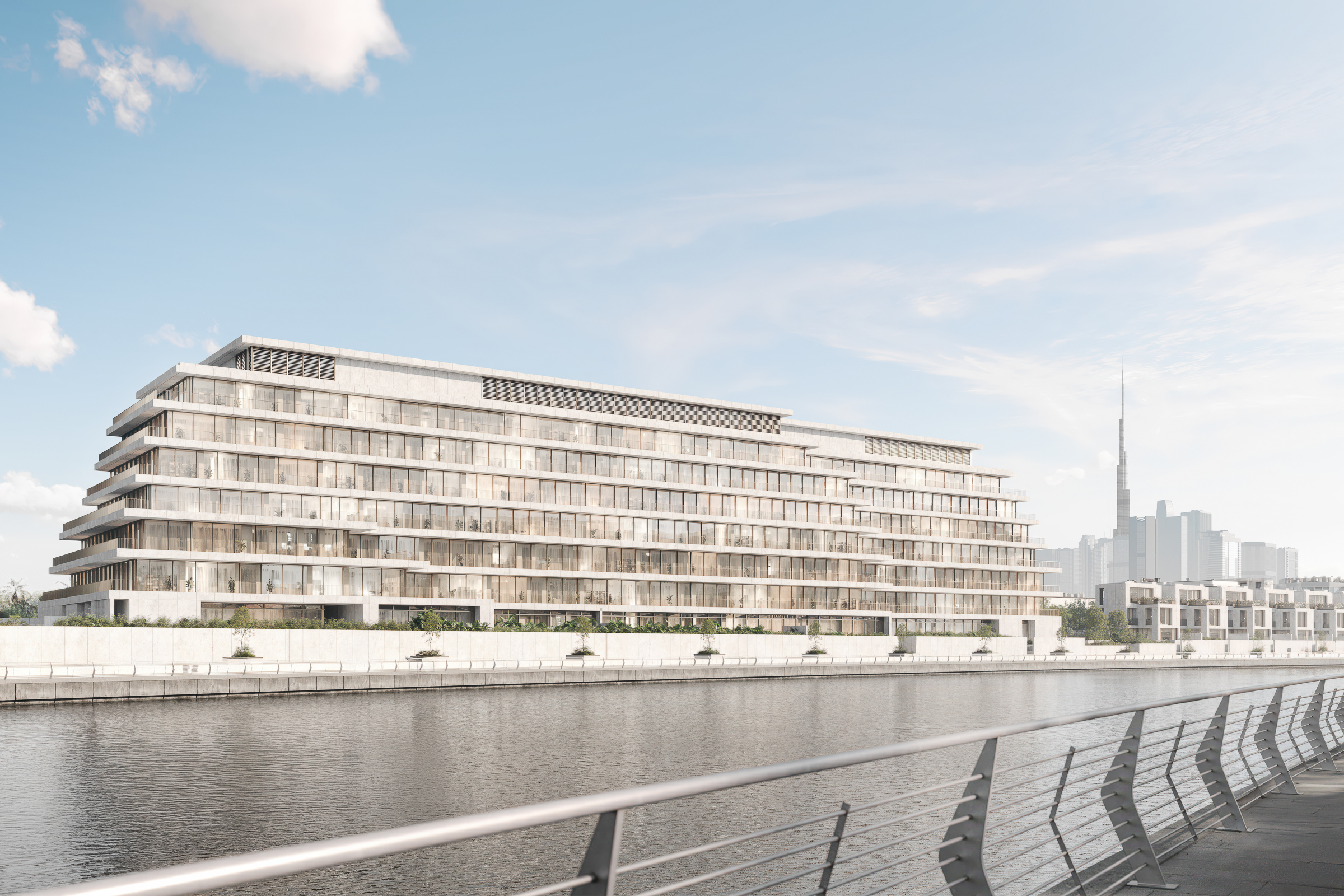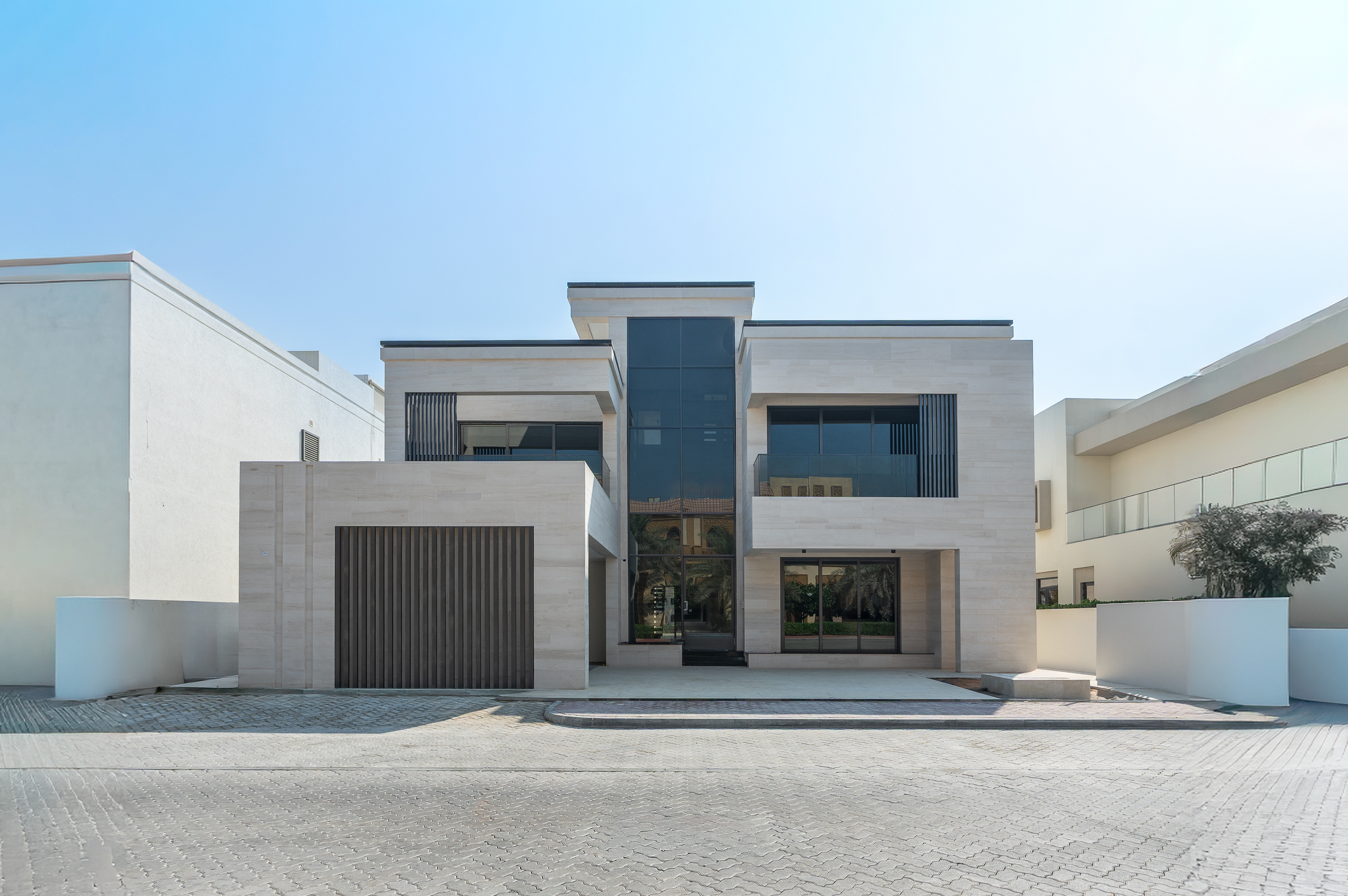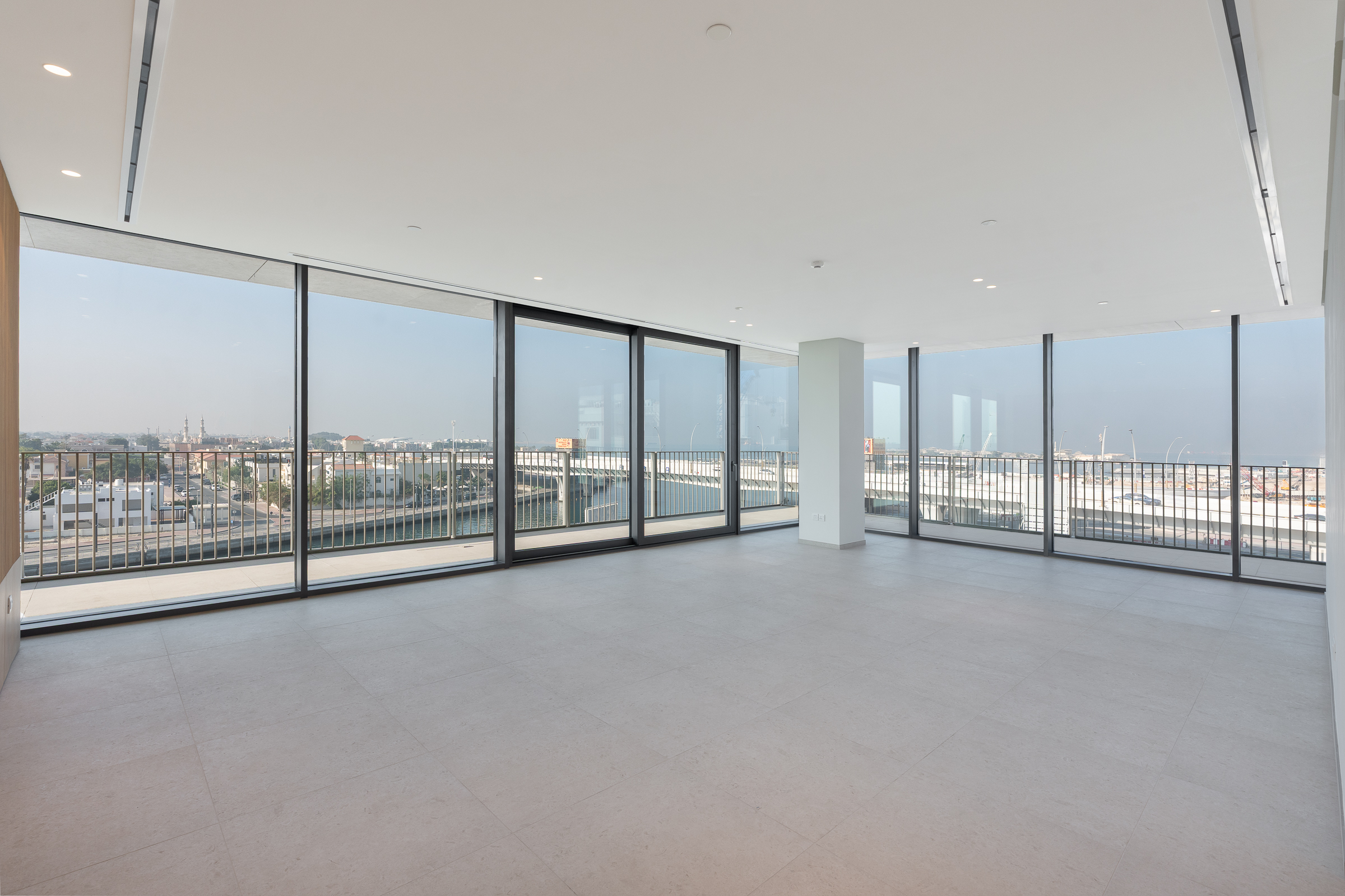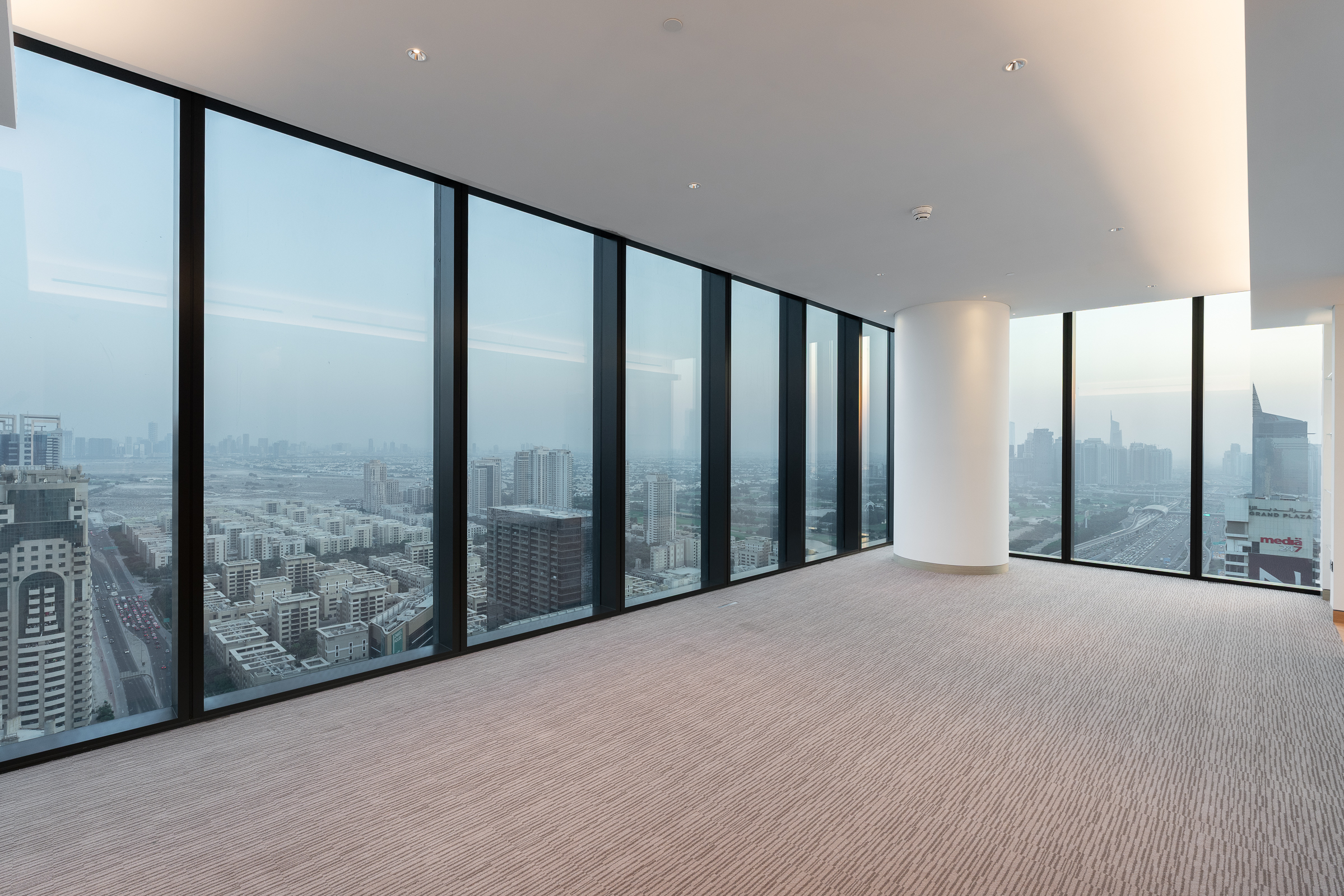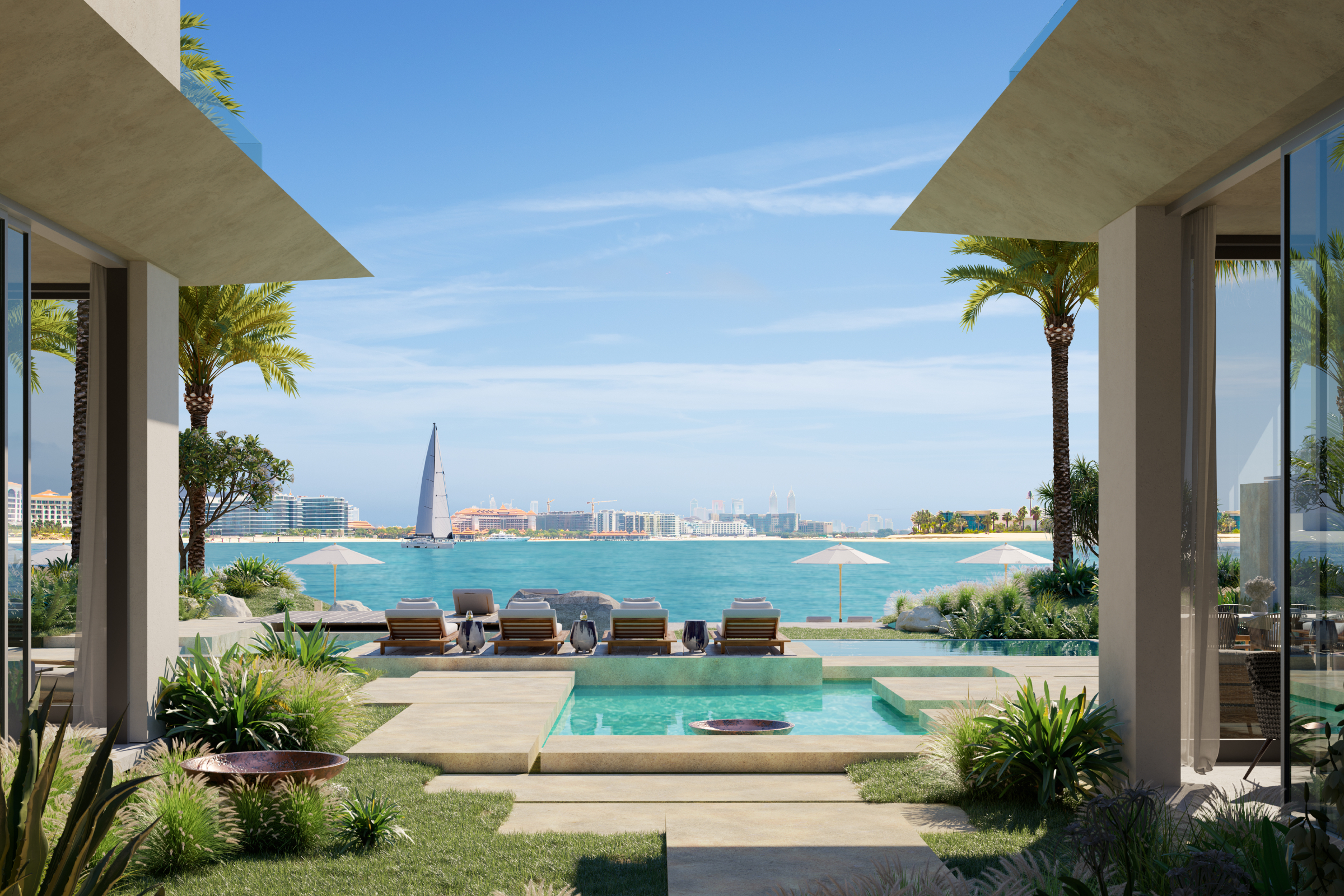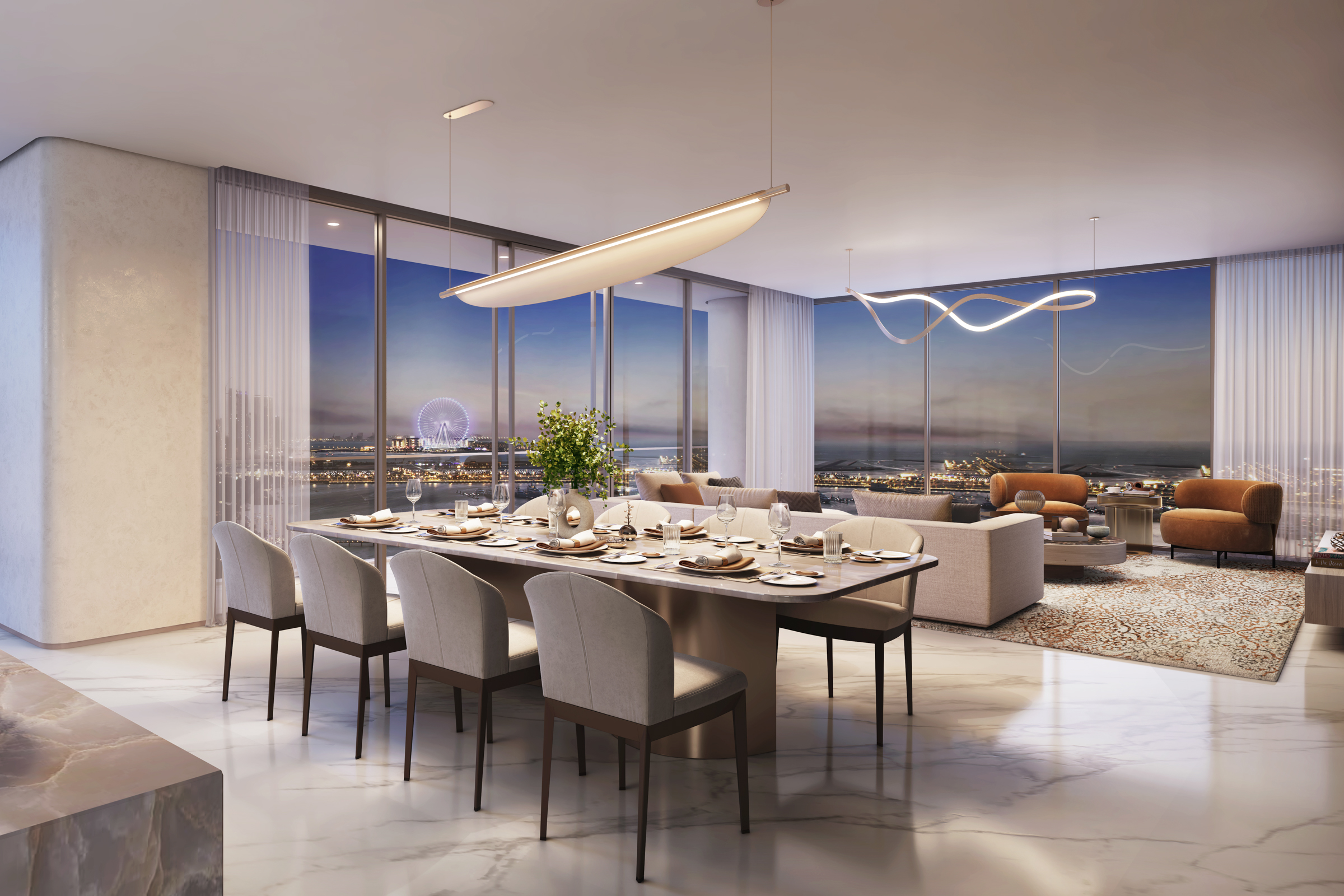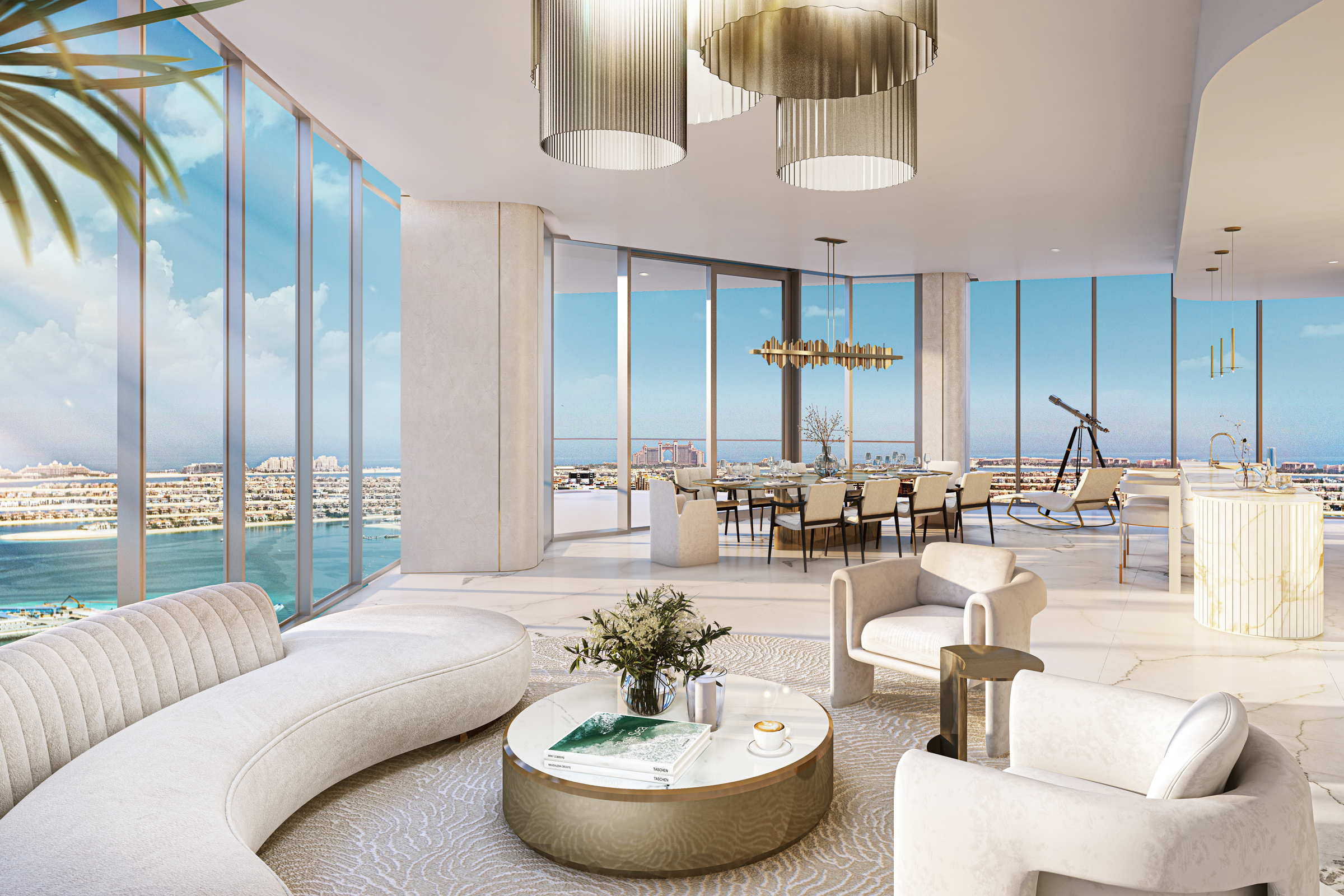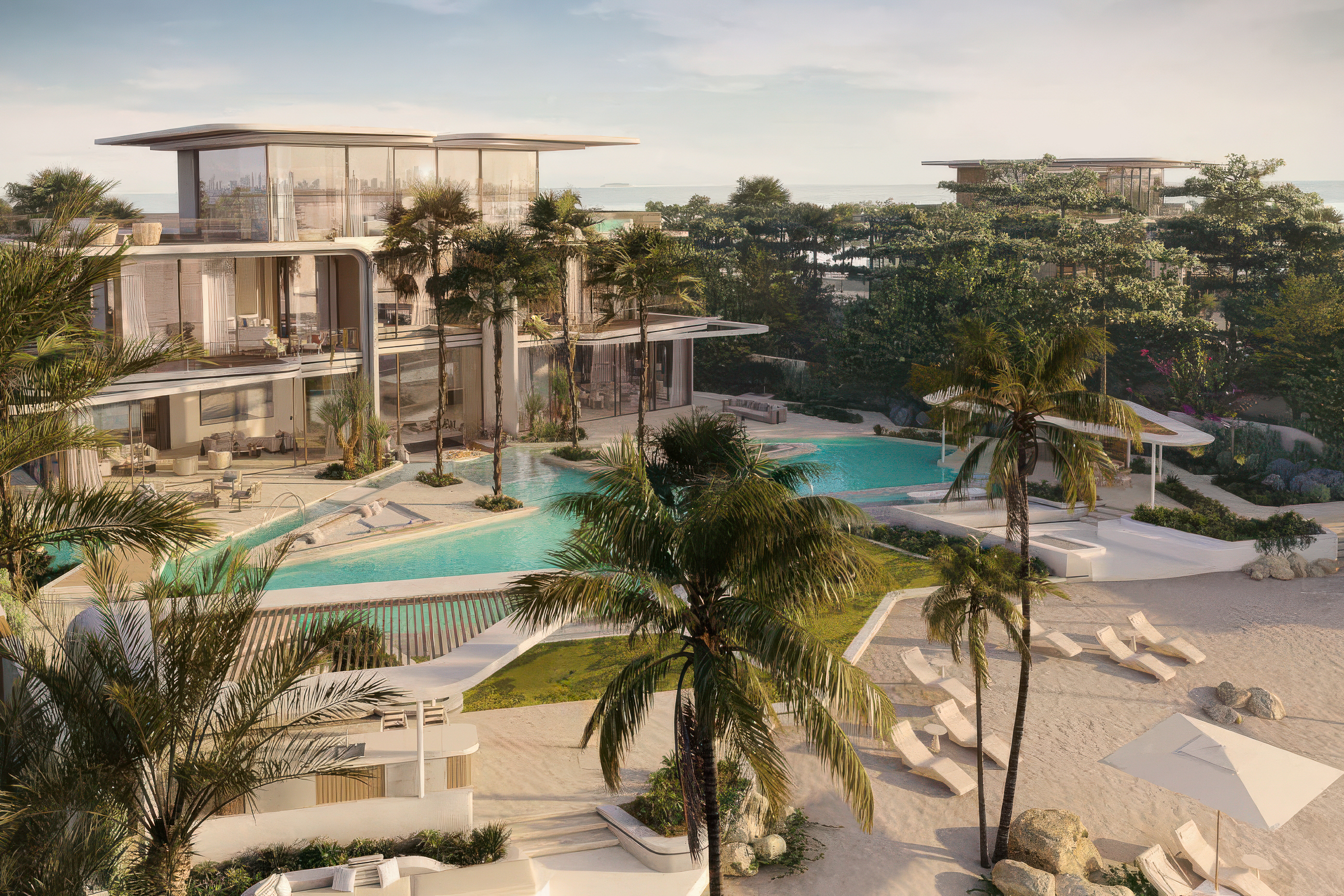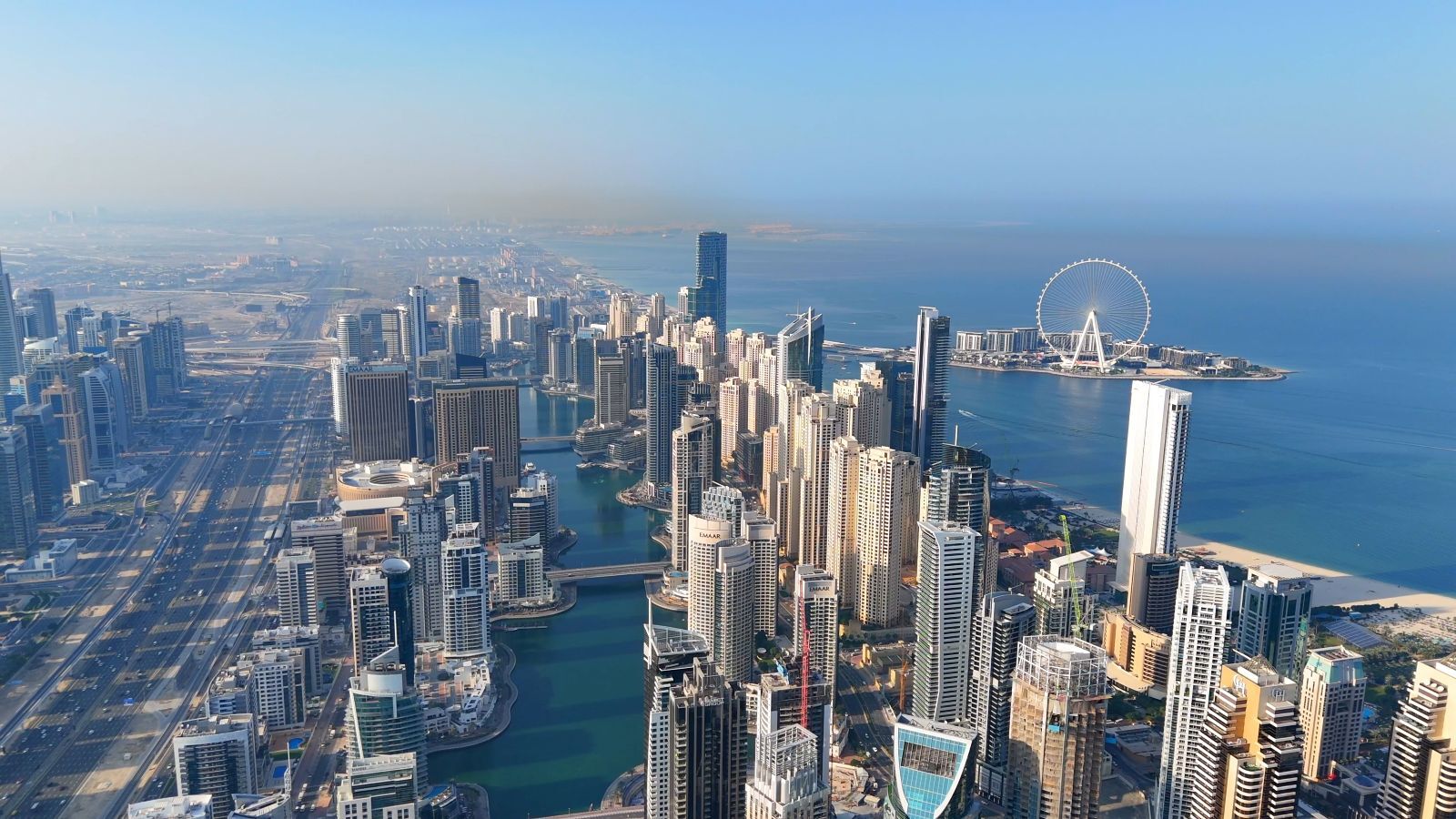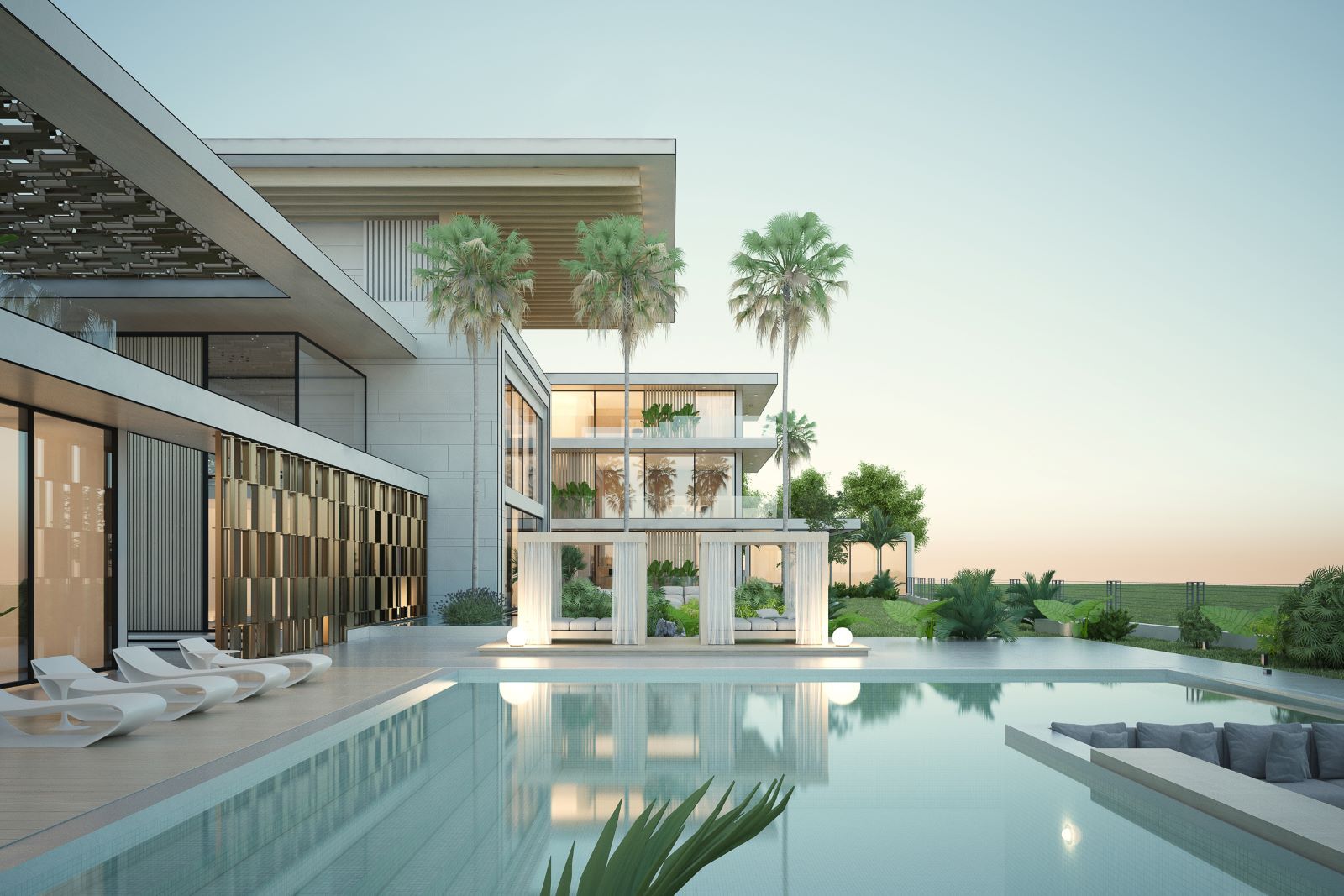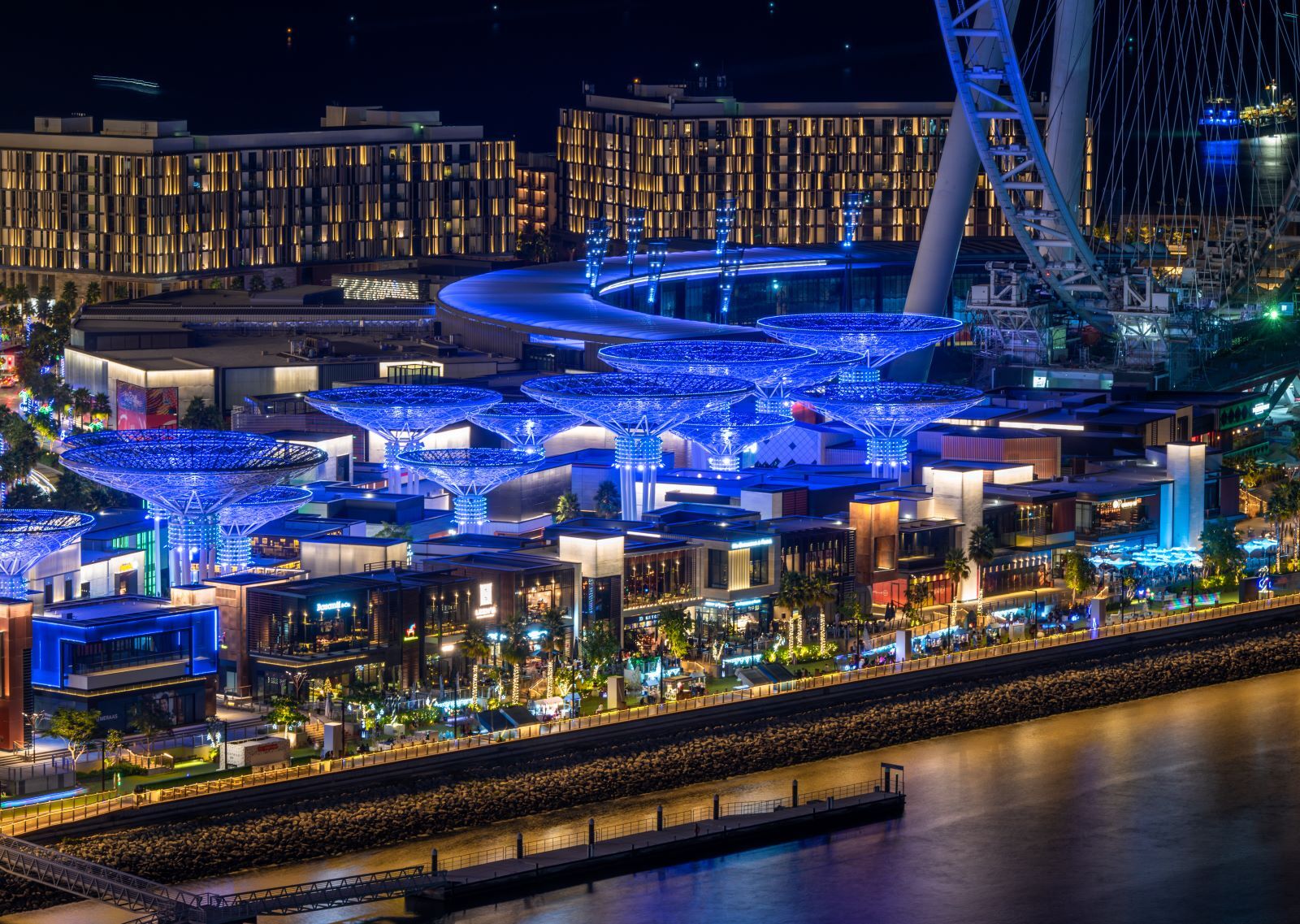The Cost of Buying Property in Dubai — 2026
Published: 28 July 2025
Dubai’s property market is in the midst of a record-breaking bull run. Prices and transaction volumes have climbed significantly since 2020, buoyed by the inward migration of high-net-worth individuals from Europe, Asia, and Africa. According to the latest forecast by Henley & Partners, the UAE is expected to attract nearly 10,000 millionaires in 2025 alone – more than any other country in the world. The appeal is clear: there is no income tax, no capital gains tax, and the city consistently ranks among the world’s safest.
While there are no property taxes, buying a home in Dubai isn’t without cost. Government transfer fees, agency commissions, registration charges, and community service fees can all add up – especially in the top end of the market. This guide breaks down the real cost of buying property in Dubai in 2026, offering a clear-eyed look at what to budget beyond the sale price.

The Upfront Costs: DLD Transfer Fees and Agent Commission
The largest upfront cost you’ll encounter when buying property in Dubai is the Dubai Land Department (DLD) transfer fee, which is set at 4% of the property’s purchase price. This fee is paid to the government to officially transfer ownership from seller to buyer. In theory, it can be split equally between both parties, but most of the time, buyers cover the full 4% – especially in a seller’s market where demand is high and stock is low.
In slower market conditions, developers will occasionally offer a full or partial waiver of the DLD fee to incentivise investment, though this is typically non-transferrable and tied to limited offers. On an AED 4 million property, the DLD fee amounts to AED 160,000. On a AED 100 million home, it’s AED 4 million – a sizable upfront sum that needs to be factored into cash flow planning.
In addition to the DLD fee, there’s a registration charge for issuing the new title deed. Properties priced above AED 500,000 carry a fixed registration fee of AED 4,000, plus 5% VAT (AED 200), while properties under AED 500,000 are charged AED 2,000, plus VAT. These fees are typically paid at the time of final transfer.
Buyers also need to account for agent commission, which is generally 2% of the purchase price, plus 5% VAT. In off-plan sales, commission can be as high as 4%, but this is footed by the developer.
To put this into perspective, here’s a breakdown of the upfront costs on an AED 100 million transaction:
- DLD transfer fee (4%): AED 4,000,000
- Title deed registration: AED 4,000 + AED 200 VAT
- Agency commission (2%): AED 2,000,000
- VAT on commission (5%): AED 100,000
That brings the total upfront costs to just over AED 6.1 million, before legal fees, mortgage charges, or any other minor expenses. Even at the lower end of the market, costs add up: on an AED 3 million home, DLD and agent fees can amount to approximately AED 240,000.
For most buyers however, these upfront costs are offset by tax-free capital gains and potential rental income in the years to come.
The Ongoing Costs: Service Charges and Dubai Municipality Housing Fee
While Dubai doesn’t impose any annual property tax, there are two recurring costs property owners should be aware of: service charges and the housing fee.
Service charges are annual fees collected by the developer or management service to cover the maintenance of shared areas, from security and cleaning to landscaping and pool upkeep. These charges vary significantly depending on the location, size, and calibre of the property, and they’re calculated on a per-square-foot basis. Mid-market apartments in areas like JVC and Dubailand typically range from AED 12 to AED 25 per square foot annually, while prime branded residences can command between AED 40 to 67 per square foot.
In real terms, a 5,000 square feet luxury apartment in Downtown can incur more than AED 250,000 per year in service fees. In return, owners gain privileged access to five-star resort-style amenities, often with infinity pools, private gyms, in-house spas, concierge services, and more.
Villas in gated communities have lower rates, particularly if you're responsible for your plot maintenance. Even in high-end communities like Al Barari and Emirates Hills, charges can be as low as AED 1.5 to AED 3 per square foot.
The second ongoing cost buyers face in Dubai is the Dubai Municipality Housing Fee, which is effectively a local utilities charge tied to the property’s rental value. It’s charged at 5% of the annual rental value – or a RERA-determined estimation of it, if the owner lives in the home – and is collected monthly through the DEWA utility bill. If you’re living in the property yourself, the fee is your responsibility, but if you’re renting it out, it’s paid by the tenant.
For a modest apartment with an annual rental value of AED 60,000, the housing fee comes out to AED 3,000 per year, or AED 250 per month. For a luxury villa with a rental value of AED 3 million, the fee hits AED 150,000 annually, billed monthly in 12 installments. Emirati nationals are exempt from paying the housing fee.
Miscellaneous Costs
Beyond the headline fees, there are several smaller expenses that buyers should prepare for. For those buying with a mortgage, additional costs apply: banks usually charge a 1% arrangement fee plus 5% VAT, and the property must be independently valued, which can cost anywhere between AED 2,500 and AED 5,000, excluding VAT. The DLD also imposes a 0.25% registration fee on the loan amount.
In all transactions, a No Objection Certificate (NOC) must be obtained from the master developer, which can cost between AED 500 to AED 5,000, depending on the community. This confirms that all dues are settled.
In resale transactions, many buyers also opt to appoint a conveyancer or legal advisor to handle the paperwork and ensure due diligence is completed – a service that generally costs between AED 6,000 and AED 10,000, though more complex cases involving offshore entities or corporate structures can command much higher fees.
Final Thoughts
While buying property in Dubai comes with its costs, most are upfront, clearly defined, and easy to anticipate. Once those boxes are ticked, however, what follows is ownership that’s refreshingly straightforward, with no annual property taxes, no capital gains, and no tax on rental income. Add to that a well-regulated market and a high standard of living, and it’s easy to see why more investors are turning their attention – and capital – to the UAE.
The Rings, Jumeirah
- 7
- 6
- 11,302 SQ.FT.
The Jasmine Collection, Jumeirah Golf Estates
- 9
- 5
- 4,972 SQ.FT.
Eden House The Canal, Jumeirah
- 2
- 1
- 962 SQ.FT.
Garden Homes Frond N, Palm Jumeirah
- 6
- 5
- 8,500 SQ.FT.
Eden House The Canal, Jumeirah
- 5
- 4
- 3,632 SQ.FT.
The S Tower, Dubai Internet City
- 5
- 4
- 5,062 SQ.FT.
Six Senses Residences, Palm Jumeirah
- 7
- 5
- 26,514 SQ.FT.
Palm Beach Towers 2, Palm Jumeirah
- 4
- 3
- 2,743 SQ.FT.
Palm Beach Towers 2, Palm Jumeirah
- 3
- 2
- 1,546.31 SQ.FT.
Amali Island, The World Islands
- 7
- 6
- 15,531.57 SQ.FT.
